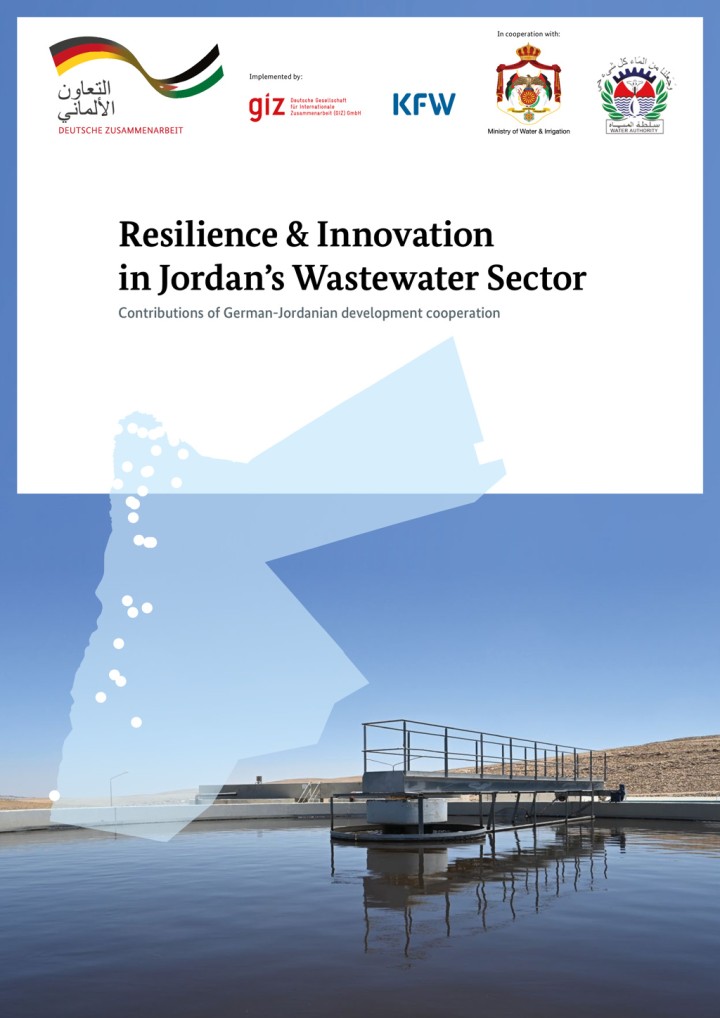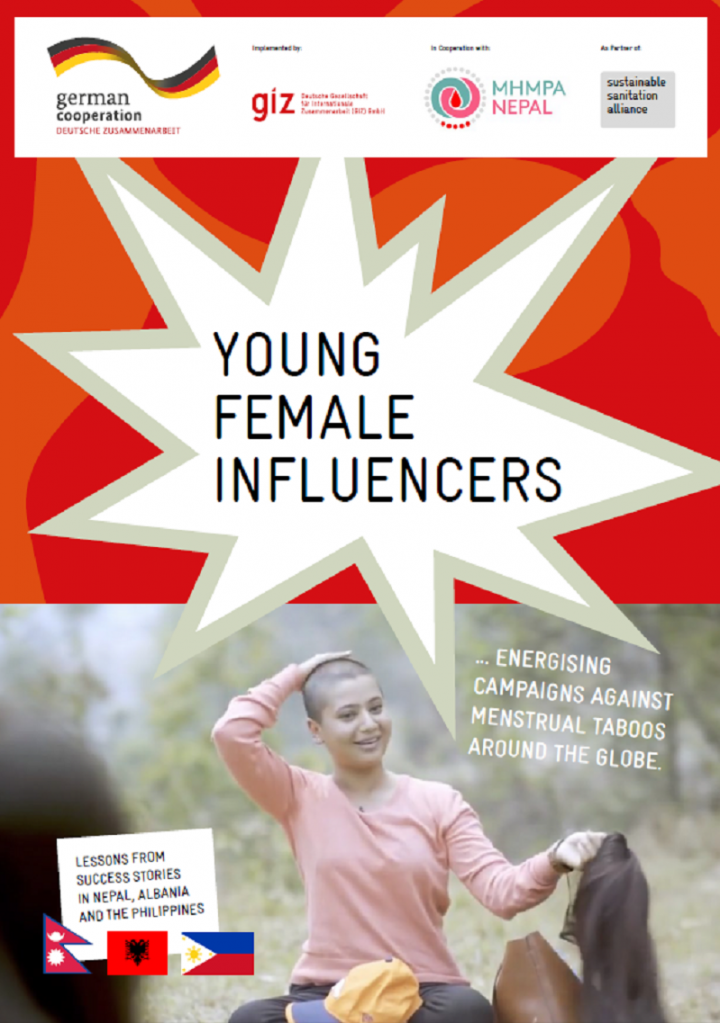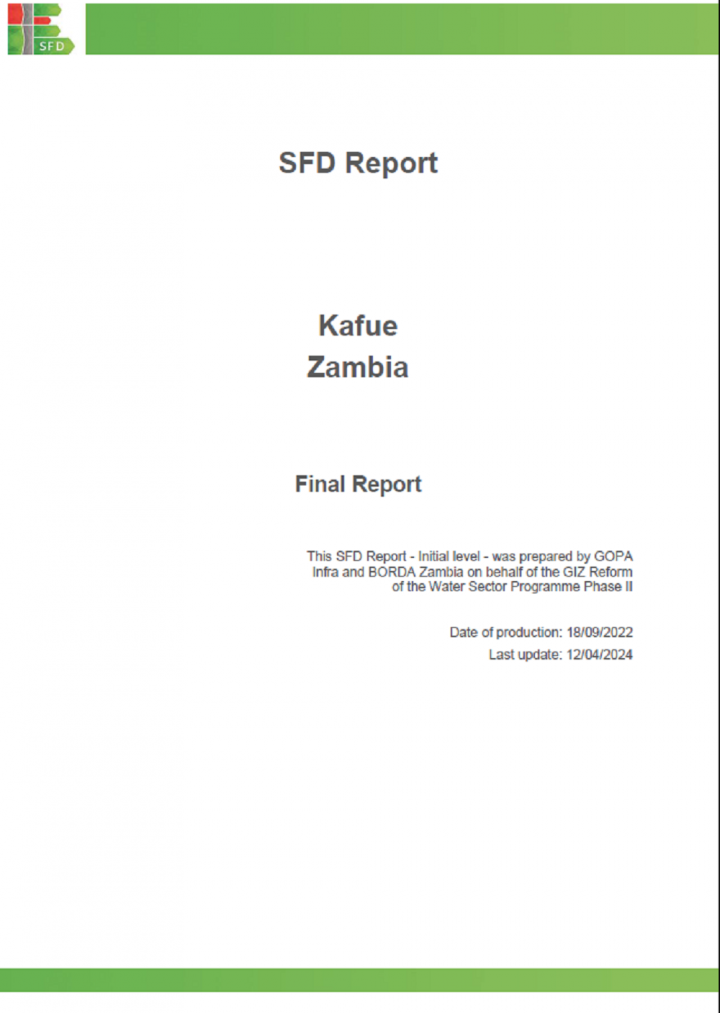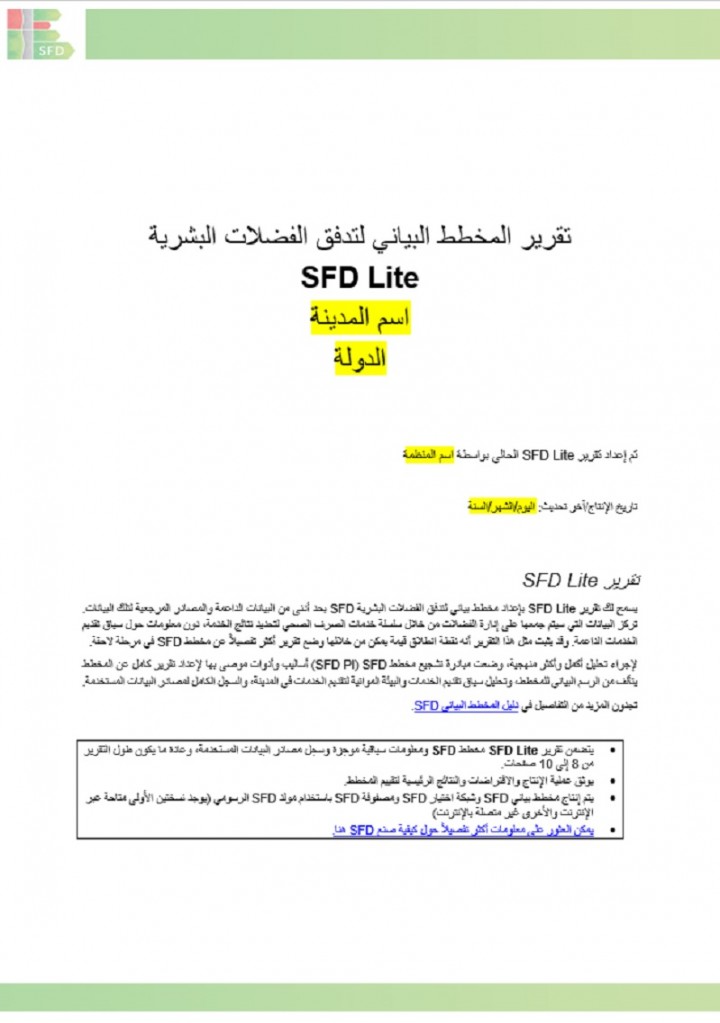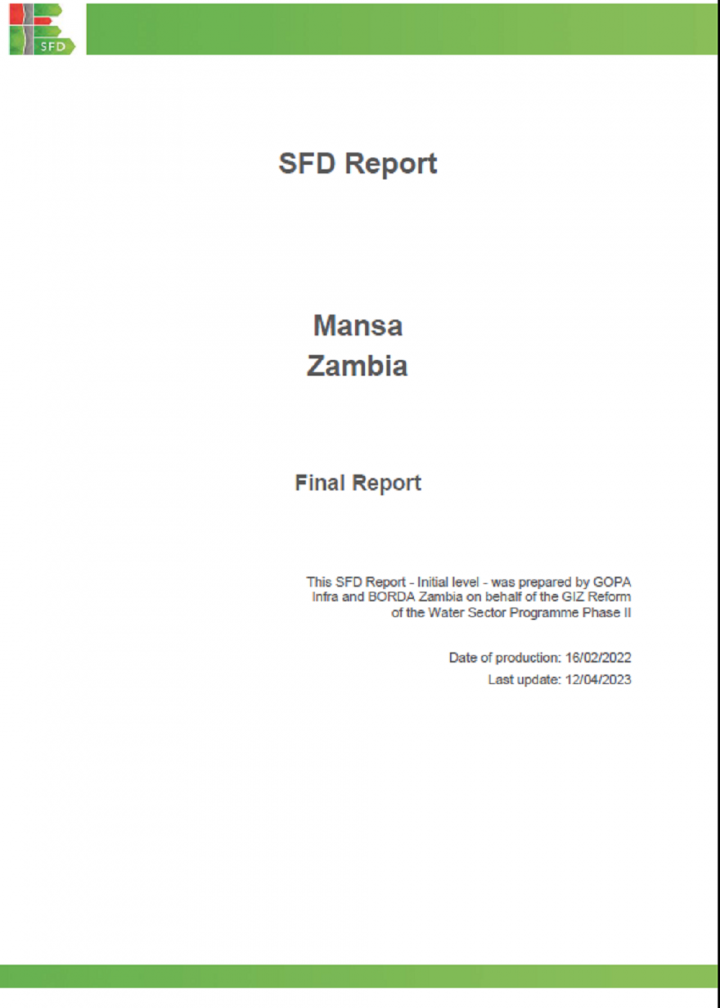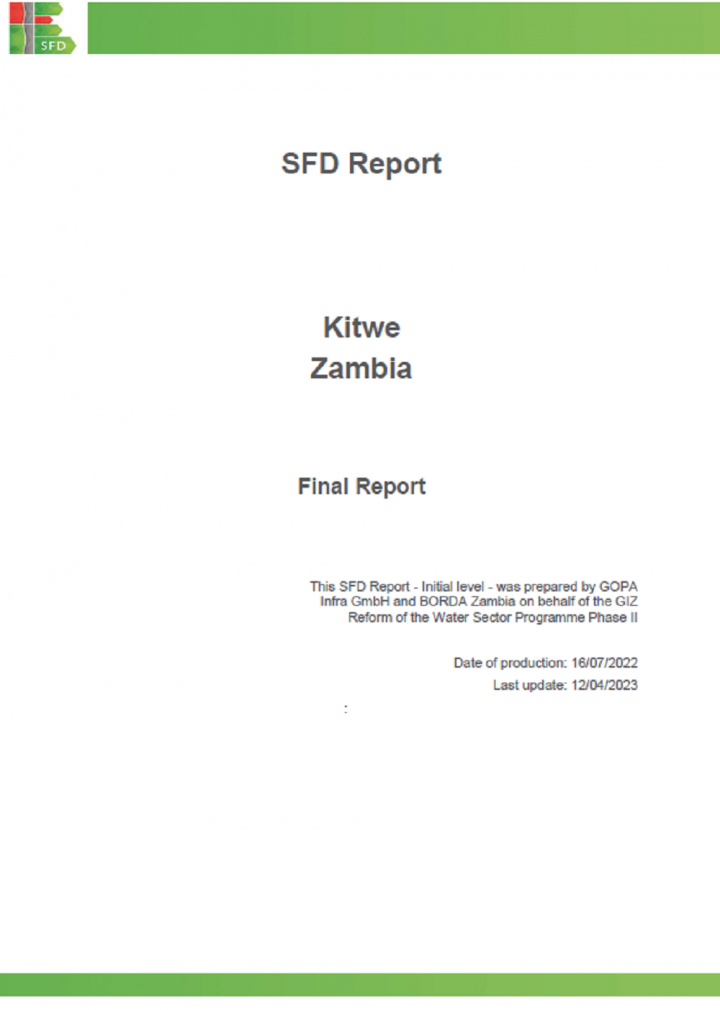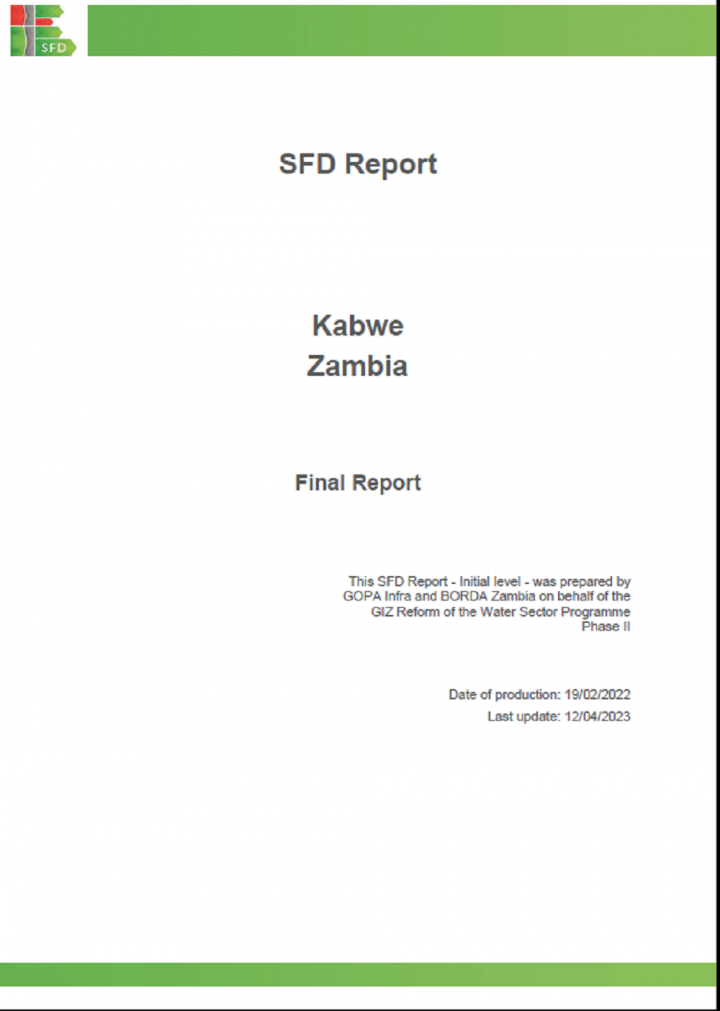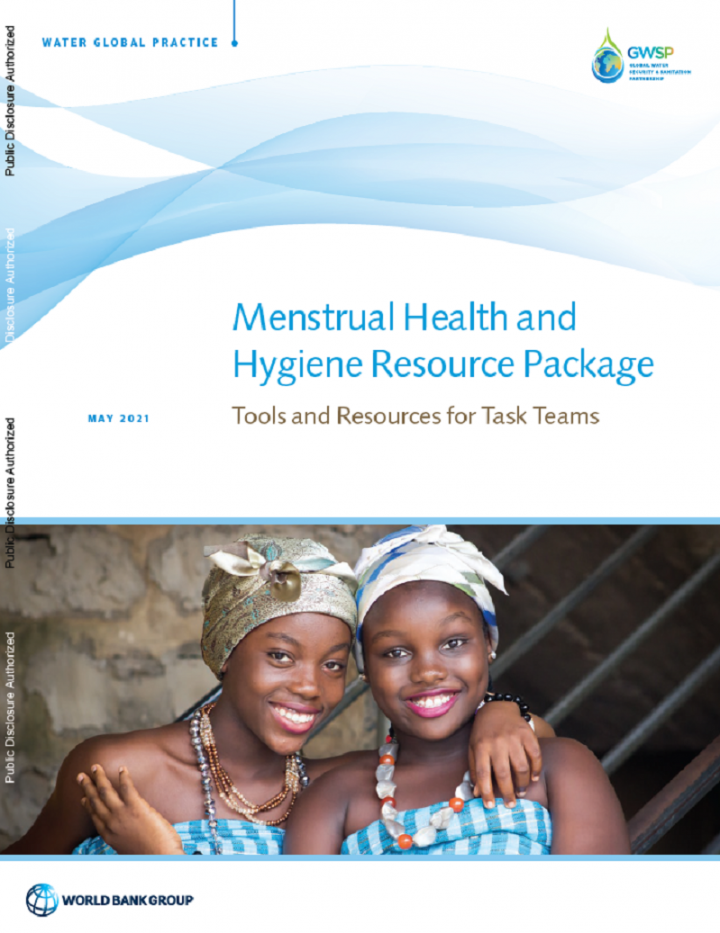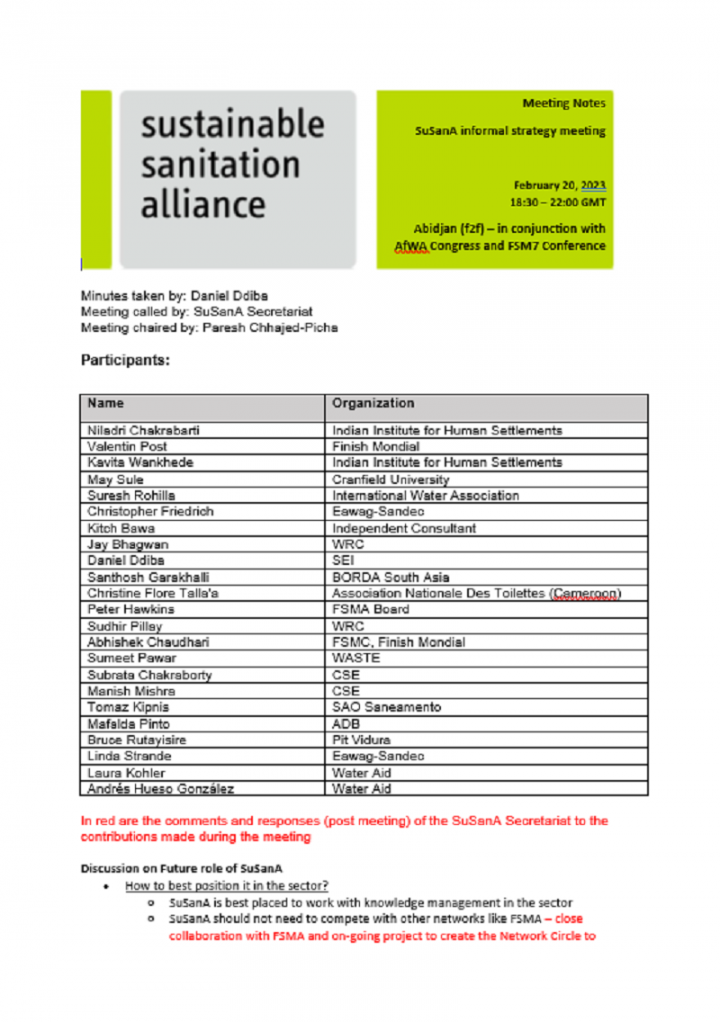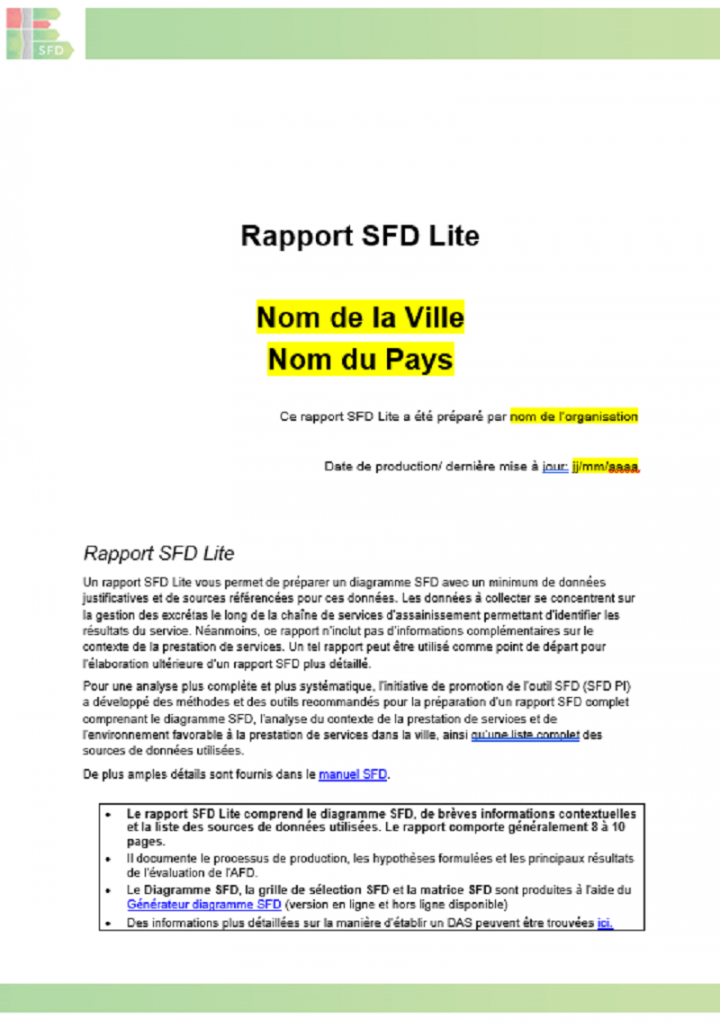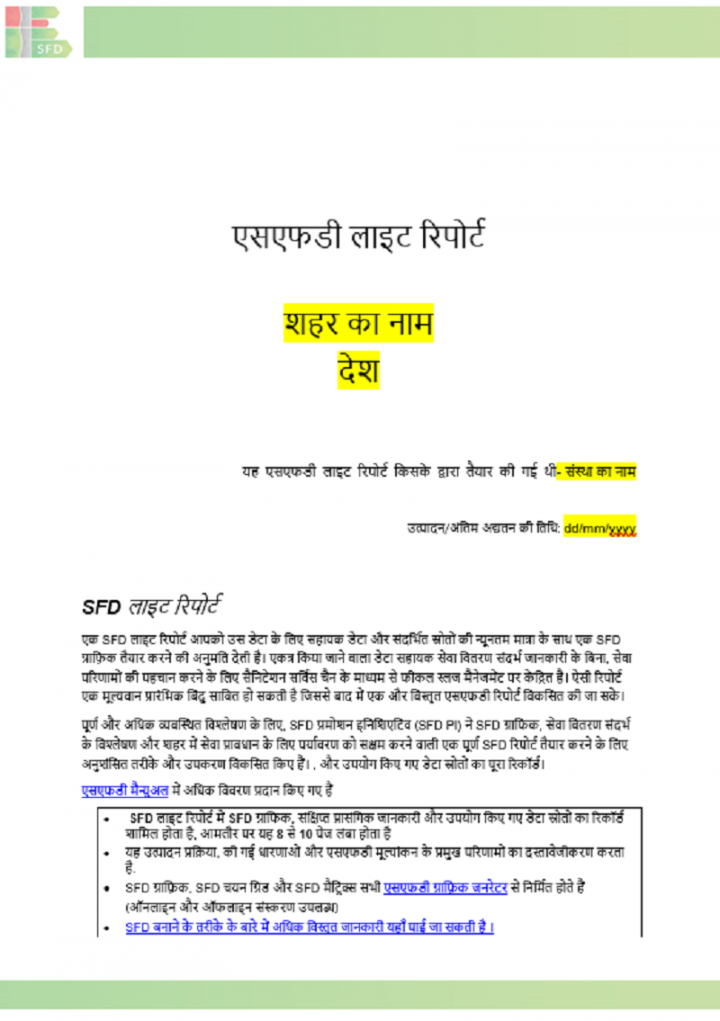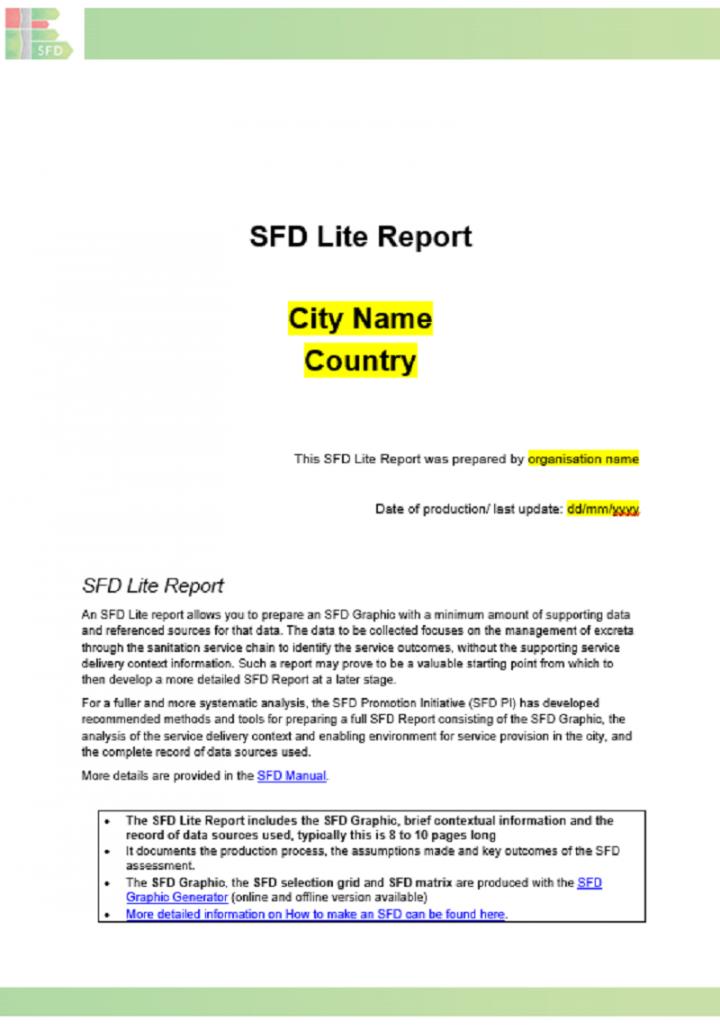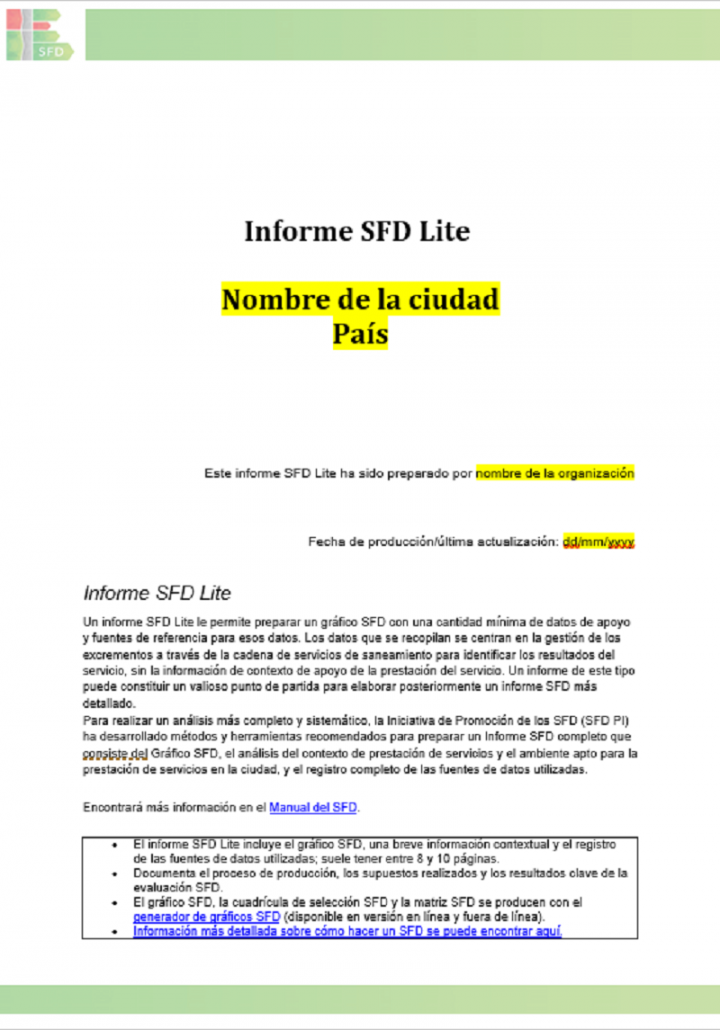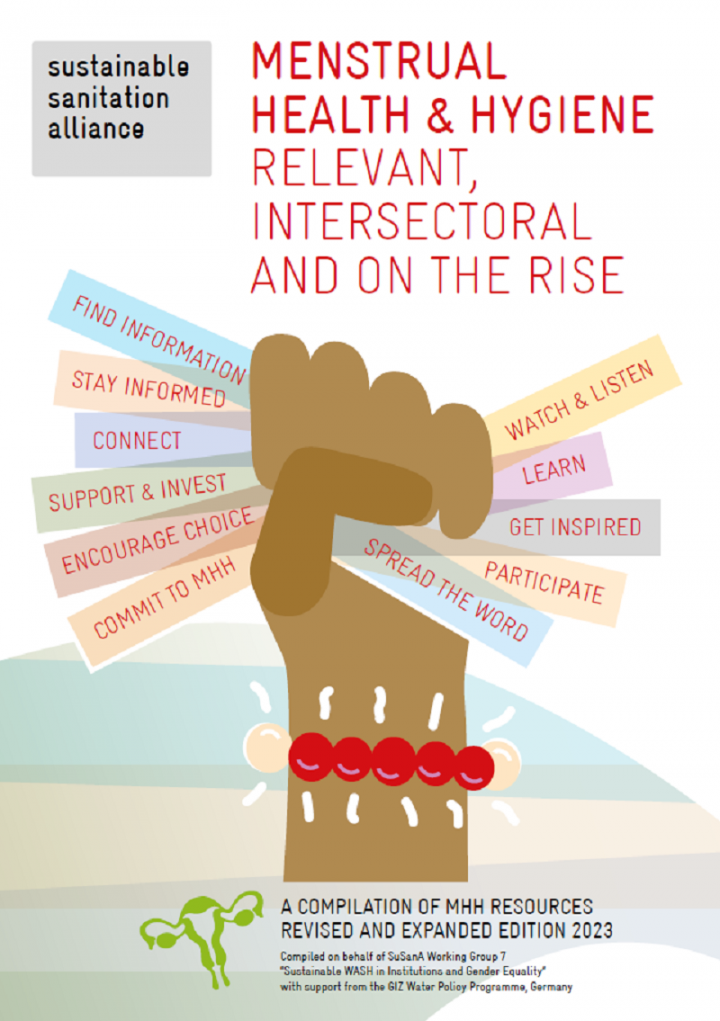CSE (2023) SFD (Lite) Report - Mwanza, Tanzania
Mwanza City, popularly known as “The Rock City”, is situated in the north-west of Tanzania on the southern shores of the Lake Victoria. Mwanza city is the second largest city in Tanzania and is the capital of Mwanza Region. The city covers an area of 256 sq.km, divided into land area covering 173 sq.km, equivalent to 67.6 % of total area and 83.0 sq.km, equivalent […]
ENPHO (2023) SFD (level 2) Report - Jayaprithvi Municipality, Nepal
Jayaprithvi Municipality is situated in the hilly region of the southeast of Bajhang District, which is situated in the northern region of Nepal's far western. The former Rithapata, Chainpur, Hemantabada, Luyanta, and Subeda Village Development Committees were merged to form this municipality on 10th March 2017. The municipality is divided into eleven political wards. The municipality has a total of 28,865 population with 14,549 males […]
ENPHO (2023) SFD (level 2) Report - Banepa Municipality, Nepal
Banepa Municipality is located in Kavrepalanchok District, Bagmati Province of Nepal. It has 14 wards and covers the area of 54.59 sq km. It is surrounded by Panauti Municipality in the south, Mandandeupur Municipality in the north, Dhulikhel Municipality and Panchkhal Municipality in the east, and Bhaktapur District in the west. The municipality has urban and rural settlements. Particularly, ward numbers 7, 8 and 9 […]
GIZ (2022) Young female influencers energising campaigns against menstrual taboos around the globe
German-supported projects in Nepal, Albania and the Philippines are involving local social media influencers and celebrities to break down taboos around menstrual health and hygiene. To great effect! GIZ’s short film ‘Tackling Taboos’ has been nominated for the WHO film festival ‘Health for all’. Shortlisted out of more than 1000 entries, the film is in the final 70 — and the only one which addresses […]
ENPHO (2023) SFD (level 2) Report - Mahakali Municipality, Nepal
Mahakali Municipality is in Darchula District of Sudurpaschim Province, Nepal. It is divided into nine wards and covers an area of 135.11 sq. km. It is formed by merging the former headquarters of Darchula district i.e., Khalanga, ward 4 to 17 of Api Municipality and Dattu Village Development Committee (VDC). It lies in the lesser Himalaya region with an elevation of 900 m to 3,100 […]
GOPA Infra and BORDA Zambia (2023) SFD (Initial) Report - Kafue, Zambia
Kafue District is one the six districts serviced by LWSC and Kafue Town, the area of interest in this study, is in this district. The town is located about 45 km south of Lusaka City, the nation’s capital. It is located on the northern bank of the Kafue River, whose water is the major source of water supply for Chilanga District, Lusaka City and Kafue […]
GOPA Infra and BORDA Zambia (2023) SFD (Initial) Report - Mansa, Zambia
Mansa is the provincial administrative capital of Luapula province and the town consists of urban and peri-urban areas. According to the Central Statistics office (CSO) data on population and housing of 2010, Mansa district town had a population of 228,392 with an annual growth rate of 2.4% per annum. However, the population of Mansa urban stood at 145,336. For the purpose of this assignment, only […]
GOPA Infra and BORDA Zambia (2023) SFD (Initial) Report - Kitwe, Zambia
Kitwe is one of the major mining cities in Zambia. The city is on the central part of the Copperbelt Province and is the third largest city in Zambia after the Capital Lusaka and the Provincial Capital Ndola. The city covers an estimated 815.76 km2. Demographically, it is also the second most populated city after Lusaka. According to the 2010 census, Kitwe had a population […]
GOPA Infra and BORDA Zambia (2023) SFD (Initial) Report - Kabwe, Zambia
Kabwe is the administrative capital of Central Province of Zambia and is located on Latitude -14.4228219 and Longitude 28.4455068. According to the utility (NIS) records of 2021, the town has an estimated population of 257,043. Approximately, 72% of the inhabitants rely on onsite sanitation facilities, 26% are served by offsite sanitation, and the remaining 2% practice open defecation. The population with onsite sanitation use different […]
GOPA Infra and BORDA Zambia (2023) SFD (Initial) Report - Choma, Zambia
Choma Town is the provincial administrative capital of the Southern Province of Zambia on Latitude -16.812822 and Longitude 26.987640. The town lies at an elevation of 1,314m above sea level in Choma District, which has a total land area of approximately 7,296 square kilometres and a population of about 247,860 according to the 2010 national census of housing and population (Central Statistical Office, 2013). The […]
GOPA Infra and BORDA Zambia (2023) SFD (Initial) Report - Chingola, Zambia
Chingola is one of the major copper mining towns in Zambia. It is in Chingola District in the Copperbelt Province. In 2016, the Central Statistics Office (CSO) projected Chingola’s total population to be approximately at 266,478 with an estimated growth rate of 2.5% and in 2021 the Ministry of Health (MoH) projected the population to be around 300,108. Roughly equal proportions of the population use […]
World Bank Group (2021) Menstrual health and hygiene resource package: tools and resources for task teams
The purpose of this resource package is to assist World Bank task teams in ensuring that their projects are inclusive and responsive to the needs of women and girls. The tools included in this package are practical and user-friendly and guide task teams on how to design and monitor effective, inclusive, and sustainable menstrual health and hygiene (MHH) initiatives as part of their water supply, […]
Daniel Ddiba and Paresh Chhajed-Picha (2023) SuSanA Meetup in Abidjan - 20.02.2023
Please find below the meeting notes of the SuSanA informal strategy meeting in Abidjan – in conjunction with AfWA Congress and FSM7 Conference.
Manolakos, D., Schmitz, N., Häberlein, T., Schlenk, J., Monse, B., Panesar, A., Martinez, S., Sommer, M. (2023) Menstrual Health and Hygiene: Relevant, Intersectoral and on the Rise
The 4th edition of a comprehensive compilation of menstrual health and hygiene (MHH) resources provides an overview and categorization of the key resources available to date. This publication brings together a wealth of resources, including research, case studies, project examples, and informational materials for everyone interested in MHH. Its main purpose is to offer individuals and organizations a comprehensive overview of the most relevant publications […]

